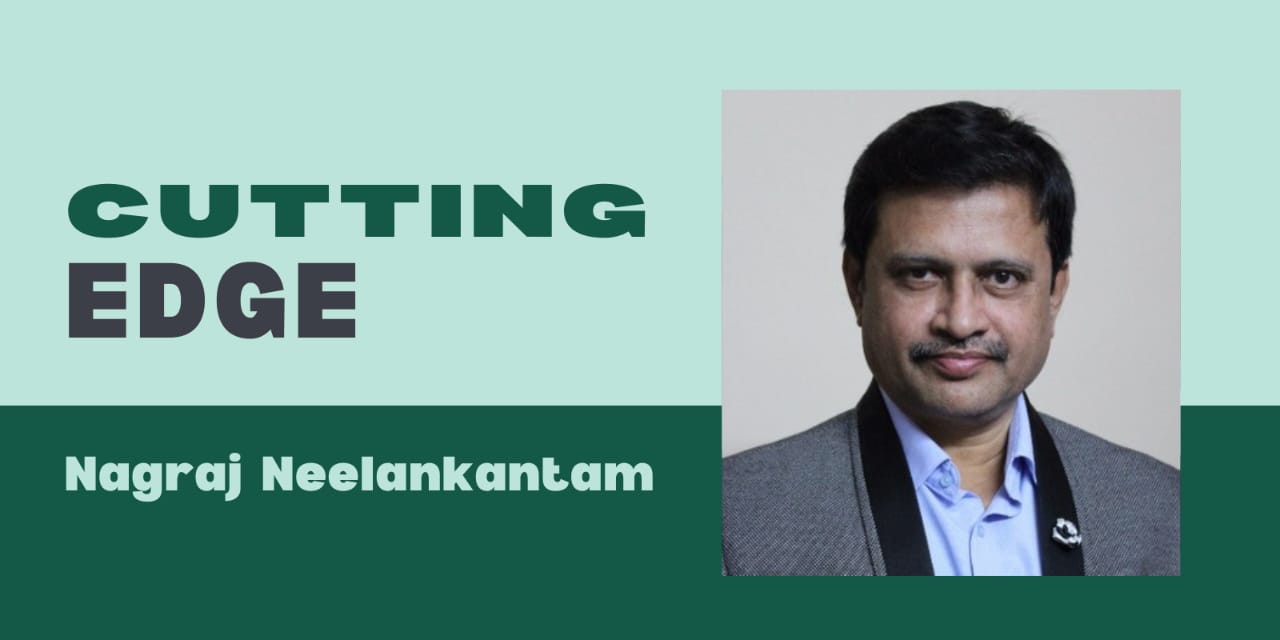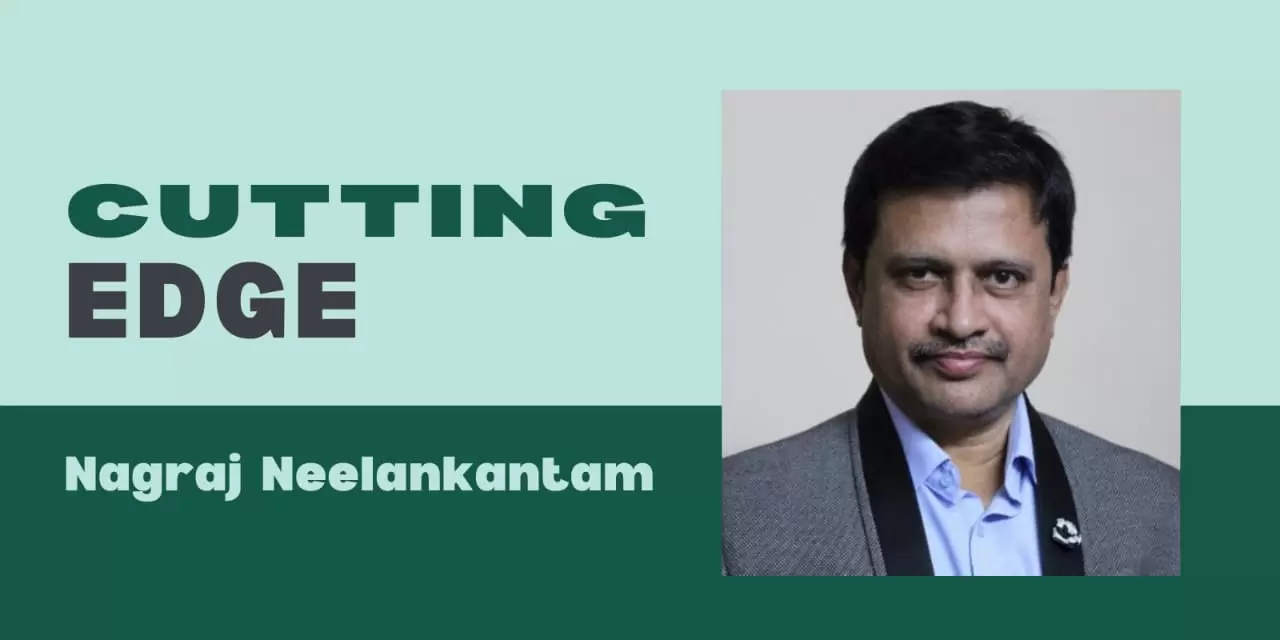The post-World War II global order, largely architected by the United States and its NATO allies, has long claimed to promote democracy and security. Yet beneath the moral posturing lies a system built on military dominance, economic coercion, and selective regime change. This order has repeatedly destabilized sovereign nations, not to defend freedom, but to protect entrenched geopolitical interests.
Western economies, hailed as hubs of innovation, owe much of their success to the migration of talent from the Global South. The so-called “brain drain” has left developing nations depleted of their best minds, while the West rebranded this imported talent as proof of its superiority. Rather than helping build capacity where it’s most needed, Western powers have systematically drained it to consolidate their global dominance.
At the core of Western foreign policy lies the arms industry—particularly in the US—which serves as a primary lever of influence. Leaders like Muammar Gaddafi and Saddam Hussein dared to challenge this paradigm. Gaddafi proposed a gold-backed African dinar for oil trade; Hussein sought to sell oil in euros instead of dollars. Both were swiftly demonized under dubious claims—ranging from human rights abuses to Weapons of Mass Destruction—before being toppled through violent intervention.
Such interventions were not about justice; they were about preserving Western hegemony. The expectation that nations must buy arms only from the US or its NATO allies, often at inflated prices and with strings attached, is both unethical and unsustainable. Sovereign nations must be free to make independent choices—whether in defence partnerships, technology transfers, or diplomatic alignments. A truly multipolar world cannot be built atop the wreckage of monopolies.
 Afghanistan stands as a tragic case study. Two decades of occupation left behind a shattered society, not a liberated one. The war enriched private contractors and arms manufacturers, not Afghan citizens. What was sold as a mission of democracy was, in truth, a campaign of control over land, ideology, and regional influence. The human cost—countless civilian lives, destroyed infrastructure, and generations lost—remains a collective stain on the global conscience.
Afghanistan stands as a tragic case study. Two decades of occupation left behind a shattered society, not a liberated one. The war enriched private contractors and arms manufacturers, not Afghan citizens. What was sold as a mission of democracy was, in truth, a campaign of control over land, ideology, and regional influence. The human cost—countless civilian lives, destroyed infrastructure, and generations lost—remains a collective stain on the global conscience.
So too, the international financial system is skewed. Why must global trade run exclusively through the US dollar? This artificial dependence allows Washington to impose sanctions at will, weaponize SWIFT systems, and economically strangle nations that don’t fall in line. BRICS nations—Brazil, Russia, India, China, and South Africa—have rightly challenged this model by proposing trade in local currencies and digital alternatives. They aren’t rejecting the dollar—they’re demanding the right to choose. That, in itself, is the essence of sovereignty.
The COVID-19 pandemic exposed the hollowness of Western humanitarianism. While wealthy nations hoarded vaccines, low-income countries were left scrambling. The West turned inward, abandoning its rhetoric of global solidarity. In contrast, India emerged as a responsible power, producing and donating vaccines to over 100 nations under the Vaccine Maitri initiative. This wasn’t charity—it was ethical statecraft. A clear reminder that development and diplomacy can coexist.
This is a defining moment. The question is no longer who should lead the world, but how leadership should be exercised. The era of centralized diktats—on defence, economics, or values—must give way to decentralized, pluralistic partnerships. The world needs a new model—one that promotes mutual respect, allows nations to define progress in their own terms, and ensures that no single bloc dominates the global narrative.
True decolonization is not just political—it is economic, technological, and psychological. Former colonies must dismantle the inherited structures of dependency, whether in arms imports, surveillance tools, development metrics, or digital ecosystems. They must define their aspirations based on cultural ethos, youth potential, and national interest, not outdated Western benchmarks.
India, with its civilizational depth and modern democratic strength, is uniquely positioned to lead this shift. Its brand of nationalism is not rooted in aggression but in assertion—seeking space without invasion, influence without domination. In a fractured world, India offers a template for responsible power—collaborative, constructive, and rooted in shared growth.
Single-narrative dominance—be it military, economic, or ideological—has failed. Why should one country dictate whom others may trade with, how they pay, or with whom they defend themselves? The call now is for fairness, not favouritism; autonomy, not alignment.
A multipolar world is not a threat to peace—it is its prerequisite. It does not erode order—it enhances equity. At the heart of this new order must lie a moral compass, guided by sovereignty, justice, and shared progress. It is this vision, increasingly championed by India and other rising nations, that holds the promise of a just and inclusive global future.





